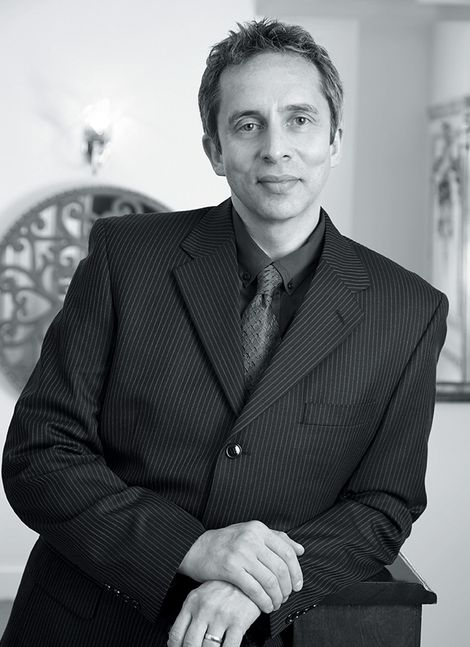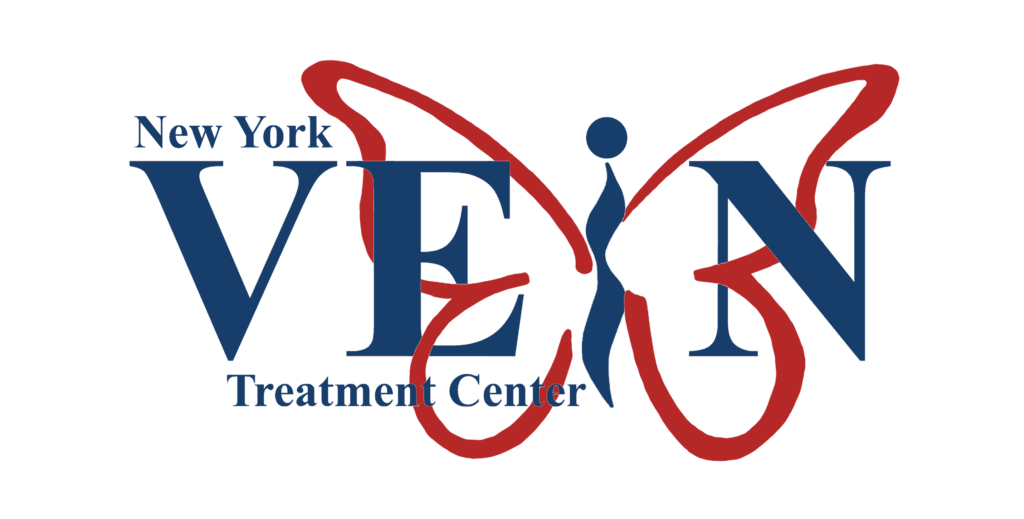While many may view varicose veins as a mere cosmetic concern, the truth is that these swollen, twisted veins can bring about a host of hidden health complications if left untreated. Beyond their unsightly appearance, varicose veins can negatively impact our overall well-being in ways we may not even realize.
At the New York Vein Treatment Center, our varicose vein treatment specialists are trained to evaluate and treat varicose veins and other vein diseases.
In this blog post, we’ll explore nine hidden health risks associated with untreated varicose veins, shedding light on the importance of early intervention and proper medical care.
What are varicose veins?
Varicose veins occur when the valves within the veins become weakened or damaged, causing blood to pool and accumulate.
This pooling of blood leads to increased pressure within the veins, causing them to stretch and become visible on the skin’s surface.
Several factors contribute to the occurrence of varicose veins:
- Age
- Genetics
- Sedentary lifestyle
- Hormonal changes
- Excess body weight
It’s important to consult a varicose vein treatment specialist to determine the best course of action for managing varicose veins, as leaving them untreated can result in numerous health risks.
1. Skin Changes
Untreated varicose veins can lead to various skin changes. As blood pools in the affected veins, it can cause the skin to become discolored, typically taking on a reddish or brownish hue.
This discoloration occurs due to the breakdown of red blood cells and the release of iron pigment into the surrounding tissues. Over time, the skin may become thin, fragile, and prone to developing ulcers.
2. Pain and Cramping
Varicose veins can cause pain and cramping in the legs, especially after prolonged periods of standing or sitting. The pain is often described as aching, throbbing, or a heavy sensation.
If ignored, these symptoms can worsen over time, making it challenging to perform daily activities and affecting one’s quality of life.
3. Itching
Itchy skin is a common symptom of untreated varicose veins. The pooling of blood in the affected veins can cause the skin to become dry and irritated, leading to persistent itching. Scratching the itchy areas can further damage the skin and increase the risk of infection.
Seeking advice from a varicose vein treatment specialist is crucial to confirm that there are no significant concerns occurring beneath the skin.
4. Swelling
Swelling, also known as edema, is another hidden health risk of untreated varicose veins. When blood doesn’t flow properly through the veins, fluid can accumulate in the surrounding tissues, causing swelling.
This swelling is often most noticeable in the lower legs and ankles and can be accompanied by a sensation of heaviness and tightness. Prolonged swelling can lead to discomfort and difficulty in wearing shoes or walking.
5. Bleeding
Varicose veins that are left untreated can become more vulnerable to injury. Even a minor bump or scratch can cause the veins to rupture, resulting in bleeding. While the bleeding is usually not severe, it can be challenging to stop, and repeated episodes may occur if the underlying vein issues are not addressed.
6. Leg Ulcers
Perhaps one of the most serious complications of untreated varicose veins is the development of leg ulcers. When the skin becomes thin and fragile due to chronic venous insufficiency, even minor trauma can lead to the formation of ulcers.
These ulcers are typically located near the ankles and are slow to heal, often requiring intensive treatment and long-term care by varicose vein treatment specialists.
7. Superficial Thrombophlebitis
Superficial thrombophlebitis refers to the inflammation of a superficial vein, often in the presence of a blood clot. This condition can occur in untreated varicose veins and presents with symptoms such as pain, redness, and swelling along the affected vein.
If left untreated, superficial thrombophlebitis can progress to more severe forms of venous thrombosis.
8. Deep Vein Thrombosis
Deep vein thrombosis (DVT) is a potentially life-threatening condition characterized by the formation of blood clots in the deep veins, typically in the legs.
Individuals with untreated varicose veins are at an increased risk of developing DVT. If a blood clot breaks loose and travels to the lungs, it can result in a pulmonary embolism, which can be fatal.
To mitigate this risk, it’s advisable to consult a varicose vein treatment specialist who can provide expert guidance and recommendations before complications arise.
9. Lipodermatosclerosis
Lipodermatosclerosis is a condition that affects the skin and subcutaneous tissues of the lower legs – it’s often associated with chronic venous insufficiency caused by untreated varicose veins. This condition is characterized by skin thickening, hardening, and inflammation, leading to discomfort, pain, and limited mobility.
If you feel that you may be at risk of developing any of the above health risks, consult a varicose vein treatment specialist immediately. Early intervention can ensure that any underlying issues are identified, assessed, and managed effectively.
Don’t Wait – Get Personalized Treatment From Our Varicose Vein Treatment Specialists
At the New York Vein Treatment Center, we believe that early intervention is key to ensuring the best possible outcomes for your vascular health. With over twenty years of experience in the treatment of vein disease, our highly-qualified cardio-vascular surgeon is dedicated to delivering exceptional patient outcomes.
Our experienced team can develop a comprehensive, patient-centered approach to treating the underlying causes of your varicose veins.
Schedule a consultation with our varicose vein treatment specialists today!

Dr. Lev Mark Khitin, a leading cardiovascular and thoracic surgeon, is the founder of the New York Vein Treatment Center. With almost 20 years of experience and over 20,000 successful vein procedures, he is a renowned expert in the diagnosis and treatment of venous disease. Dr. Khitin’s patient-centered approach and advanced surgical skills have consistently delivered excellent results, making him a prominent figure in the field.


